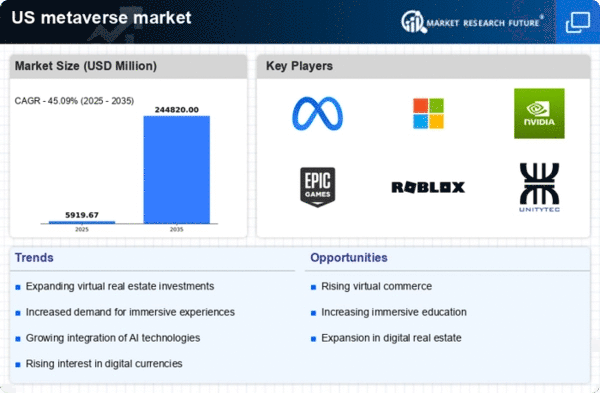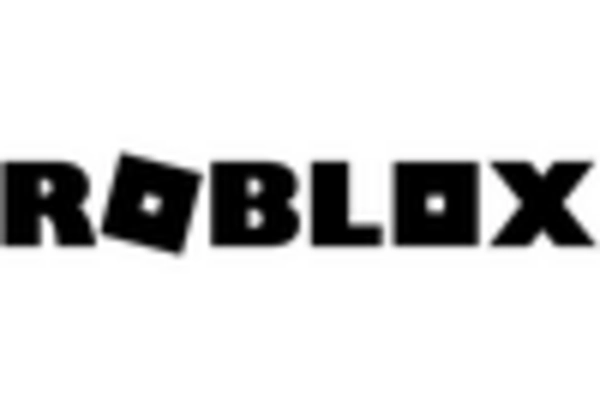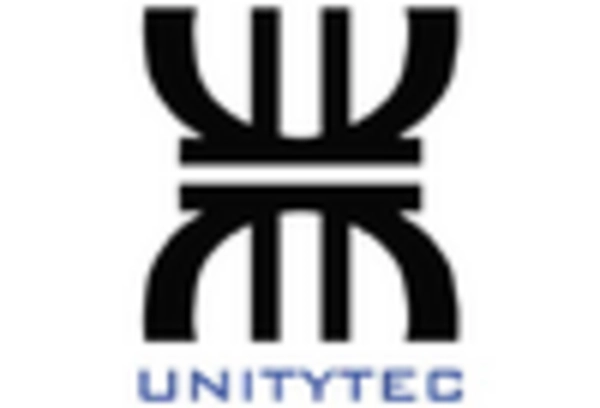Growing Interest in Digital Assets
The metaverse market is witnessing a growing interest in digital assets, including non-fungible tokens (NFTs) and virtual currencies. As more individuals and businesses recognize the value of owning digital property, the market for NFTs has exploded, with sales reaching $10 billion in 2021 alone. This trend suggests a shift in how value is perceived in digital spaces, potentially leading to increased investment in virtual goods and services. The rise of digital assets is likely to create new revenue streams for creators and businesses operating within the metaverse market. Furthermore, as regulatory frameworks evolve, the legitimacy of these assets may enhance consumer confidence, encouraging broader participation and investment in the metaverse.
Increased Focus on Privacy and Security
As the metaverse market expands, concerns regarding privacy and security are becoming increasingly prominent. Users are becoming more aware of the potential risks associated with sharing personal information in virtual environments. This heightened awareness is prompting companies to invest in robust security measures and privacy protocols. According to surveys, approximately 70% of users express concerns about data privacy in the metaverse. Consequently, businesses that prioritize user security may gain a competitive advantage, fostering trust and loyalty among their customer base. This focus on privacy and security could also lead to the development of new technologies and standards within the metaverse market, further shaping its evolution.
Technological Advancements in VR and AR
The metaverse market is experiencing a surge in technological advancements, particularly in virtual reality (VR) and augmented reality (AR). Innovations in hardware, such as headsets and haptic feedback devices, are enhancing user experiences. According to recent data, the VR headset market is projected to reach $12 billion by 2025, indicating a robust growth trajectory. These advancements are likely to drive user engagement and attract new participants to the metaverse. As companies invest in developing more immersive environments, the demand for high-quality content and applications will increase, further propelling the metaverse market. This technological evolution not only enhances user interaction but also opens avenues for businesses to create unique experiences, thereby expanding their reach and influence within the metaverse.
Rise of Remote Work and Collaboration Tools
The metaverse market is being influenced by the rise of remote work and the increasing demand for collaboration tools. As organizations adapt to hybrid work models, there is a growing need for virtual environments that facilitate teamwork and communication. The market for virtual collaboration tools is expected to grow by 25% annually, reflecting the shift towards more flexible work arrangements. This trend indicates that businesses are likely to invest in metaverse solutions that enhance remote collaboration, thereby driving growth in the metaverse market. By creating immersive workspaces, companies can improve employee engagement and productivity, ultimately transforming the way teams interact and collaborate.
Expansion of Gaming and Entertainment Sectors
The metaverse market is significantly impacted by the expansion of gaming and entertainment sectors. With the gaming industry projected to reach $200 billion by 2025, the integration of gaming experiences into the metaverse is becoming increasingly prevalent. This convergence is likely to attract a diverse audience, as gamers seek more immersive and interactive experiences. Additionally, entertainment platforms are exploring ways to host virtual events and concerts, further blurring the lines between gaming and social interaction. This expansion not only enhances user engagement but also creates new monetization opportunities for businesses within the metaverse market. As these sectors continue to evolve, they are expected to play a crucial role in shaping the future landscape of the metaverse.

















